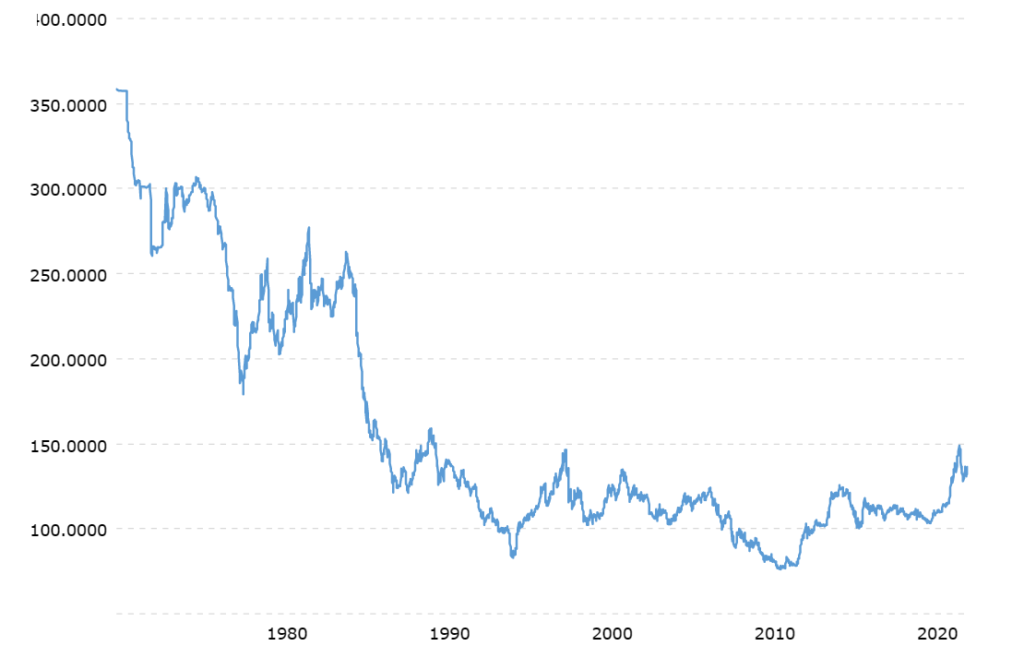Investing in foreign assets can be a great way to diversify your portfolio, access new markets, and potentially boost your returns.
From stocks and commodities to ETFs and cryptocurrencies, there are many options to consider. However, there is one major detail that you need to take into consideration when investing in foreign assets: forex risk.
Forex risk refers to the risk of loss due to changes in exchange rates. When you invest in foreign assets, you are essentially making a bet on both the underlying asset and the foreign currency it is valued in. Here are opportunities and pitfalls you shall take into consideration:
Pros of Investing in Foreign Assets
Diversification: One of the key benefits of investing in foreign assets is diversification. By investing in assets denominated in different currencies, you can spread your risk across multiple markets and potentially reduce the overall risk in your portfolio. This can be particularly important during times of economic uncertainty or geopolitical instability.
Access to new markets: Investing in foreign assets also provides access to new markets that may be growing faster or have higher potential returns than your domestic market. For example, if you are based in the US, investing in emerging market stocks or commodities could provide exposure to rapidly growing economies and industries.
Potential for higher returns: Investing in foreign assets also provides the potential for higher returns. This is because different markets may have different valuations or growth prospects than your domestic market. If the USD is weak (value of USD has fallen relative to other currencies) investing in a foreign currency that is strengthening can provide a boost to returns. With a weak USD relative to EUR, you would need more dollars to buy 1 EUR.

Historical EURUSD Chart
Historical USD JPY Chart
Historical GBPUSD ChartCons of Investing in Foreign Assets
Forex risk: As mentioned, the biggest con of investing in foreign assets is forex risk. Exchange rates can be volatile and unpredictable, which can result in losses if you are not careful. If you invest in a foreign stock that increases in value, but the currency it is denominated in falls against your domestic currency, you may actually lose money.
Higher fees: Investing in foreign assets can also come with higher fees. This is because you may need to convert your domestic currency to the foreign currency in order to invest, which can result in transaction fees or unfavorable exchange rates. Additionally, some foreign brokers or ETFs may charge higher management fees than their domestic counterparts.
Political and economic risk: Investing in foreign assets also exposes you to political and economic risk. If you invest in a stock or commodity that is heavily reliant on a certain government or industry, changes in regulations or economic conditions could result in significant losses.
Inputs on Forex Risk
Research and monitor exchange rates: The most important thing you can do to navigate forex risk is to research and monitor exchange rates. Keep an eye on both the underlying asset and the currency it is denominated in, and be prepared to adjust your portfolio if necessary.
Hedge your risk: Another option for navigating forex risk is to hedge your risk by using instruments such as forward contracts or options. This can help to mitigate losses if exchange rates move against you.
Consider currency ETFs: If you are interested in investing in foreign currencies, consider using currency ETFs. These ETFs provide exposure to a specific currency without the need for currency conversion or trading on foreign exchanges. Here are some majors:
Investing in foreign assets can be a great way to diversify your portfolio, access new markets, and potentially boost your returns. However, it also comes with forex risk, which can result in losses if you are not careful. By researching and monitoring exchange rates, hedging your risk, and considering currency ETFs, you can navigate forex risk and potentially reap the benefits of investing in foreign assets. It’s important to weigh the pros and cons and carefully consider your risk tolerance and investment goals before investing in foreign assets.
With proper research and planning, you can potentially benefit from the opportunities that foreign assets offer while minimizing the risks. Remember to always consult with a financial advisor or professional before making any investment decisions.
